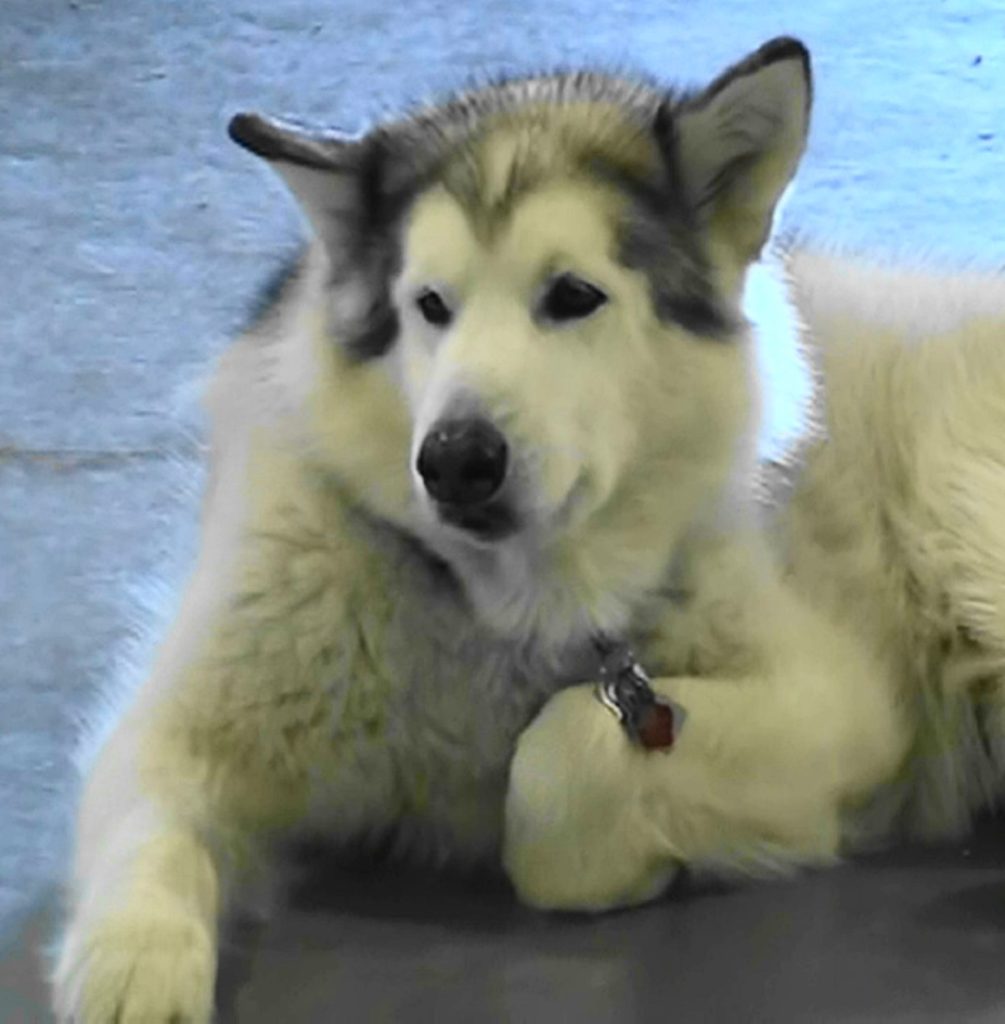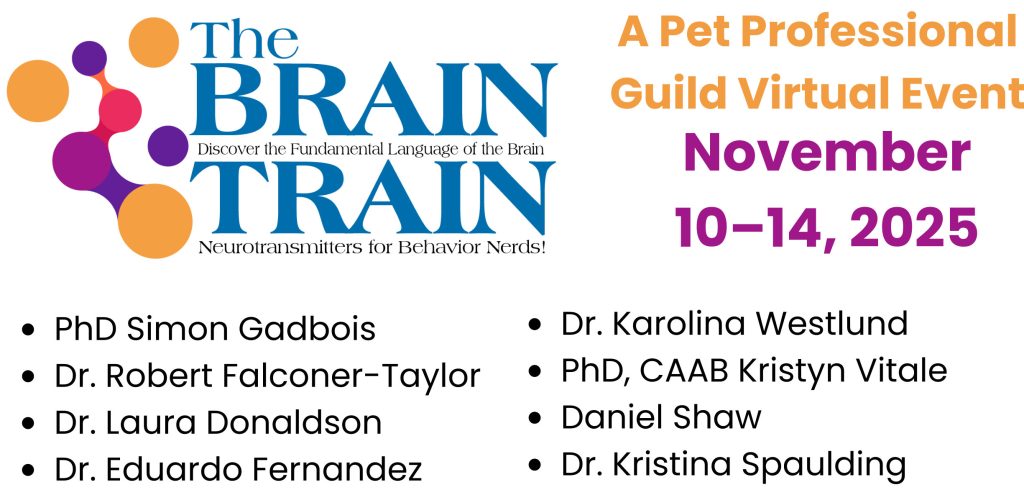Pets and Their People Blog
Am I a Pack Leader…or a Human?
I was a dog lover long before becoming a professional dog trainer, and when a television program first aired about dog training and behavior, on a major network that I trusted, I began watching episodes with the intent of learning more about dogs.
Conflict and Competition
The essence of the TV program seemed to be founded on something called “dominance theory” and the personal charm of the star. What I heard throughout each episode were references to humans having to be the dominant pack leader to offset a dog’s inclination to “take control,” and the physical “corrections” that were given to the dog were characterized as mirroring what a canine mother would naturally do to her pups. Dogs, after all, were descended from wolves and, according to this show, we must not let them control us.

relationship is friendship.
Photo credit: D. Antolec
The celebrity star of the program had a book published in his name and I read it, learning that his background with dogs consisted of his early years living with dogs, and his work as a dog groomer. My eyebrows began to rise as I wondered whether I was receiving valid information. It was the same facial expression that my beloved uncle Stanley shot at me in my teen years when I said or did something that made little sense to him.
It was then that I began learning all that I could about dogs from a collection of over 60 books and 30 DVDs about dog training and behavior. In the great wealth of information from highly respected experts in the scientific and training communities, not even one of them ever referenced the reality TV show that I had been watching…except to dispute the validity of what the show was presenting to the public.
The Dog-Human Relationship
Fast-forwarding to 2023, I attended educational webinars presented by two bona fide experts on canine behavior and training. Here is what these two respected scientists had to say about the application of “dominance theory” in the training and treatment of domestic pet dogs.
Dr. Ádám Miklósi is an ethologist and a recognized expert on canine and wolf behavior. He gave a presentation on Social Hierarchy and Dominance in Dogs, during a 2023 online Modern Ethical Training (MET) Conference. I typed notes as he spoke and offer here his comments, which include direct quotes and some paraphrased comments.
- Ethological theory does not support the concept of “dominance theory” which puts dogs and humans at odds.
- Typically, all social relationships take place within a species.
- The dog-human relationship is a special one in which two species live together in one group. The basis of this relationship is friendship and to cooperate and enjoy each other’s presence, not conflict and competition. It is not about fighting for food or fighting against each other.
- The concept of applying “dominance theory” to training is simply wrong.
- Wolf social structure provides little insight to dog social structure. Wolf social structure is different from that of feral dogs, domestic dogs, and from human-dog social relationships.
- What we know about wolves is, in general, not very applicable to dogs.
The Real Reality
Dr. Gregory Berns is a neuroscientist who headed The Dog Project using fMRI brain scans of dogs, and authored, among other books, “How Dogs Love Us: A Neuroscientist and His Adopted Dog Decode the Canine Brain,” published by New Harvest.
On page 18, Dr. Berns wrote,
“Modern wolves behave differently than dogs, and they have very different social structures. Their brains are different too. Interpreting dog behavior through the lens of wolf behavior is even worse than anthropomorphizing: it’s a human anthropomorphizing wolf behavior and using that flawed impression as an analogy for dog behavior.”
And he adds the following:
“Wolf analogies have led to many flawed training strategies based on the idea that the human must be a “pack leader…’”
Friendship and Cooperation
The takeaway point I would like for dog stewards to remember is that if you are seeking help from an individual who refers to “dominance” as a preferred way of interacting with family dogs, or affirms that the dog owner must be a pack leader, or otherwise sets up an environment of conflict between humans and their pets…please recognize this is “simply wrong,” as Dr. Miklósi stated.
There are plenty of educated humane and science-based canine professionals to choose from. The Pet Professional Guild has made it easy to find such qualified professionals by simply using a free online search tool.
As always, enjoy being your dog’s best friend, and best advocate!
*“Teach Me Force-Free”
If you’re gonna teach me, teach me force-free
People can be good and kind and that’s a great philosophy
I can flourish, I can learn if you’ll just help me
Show me, guide me, be my friend and train me happy
I can be the best dog I can be if you believe in me
And if you’re gonna teach me, teach me force-free
If you’re gonna teach me, teach me force-free.
*© Maria Daines/Paul Killington
*Written and recorded for The Pet Professional Guild

About the Author
Daniel H. Antolec, PCT-A, CCBC-KA, CPDT-KA began teaching dogs in 2011 and founded Happy Buddha Dog Training . He teaches dogs in a way that makes it fun for pet stewards and pets alike.
Resources & References
2023 online Modern Ethical Training (MET) Conference
Abusive Dog Training Practices and Informed Consent, Ethics and “Do No Harm” by Niki Tudge
Benefits of Force-Free Dog Training by Kim Silver
Dominance Theory in Animal Training – Position Statement, The Pet Professional Guild
How Dogs Love Us: A Neuroscientist and His Adopted Dog Decode the Canine Brain by Gregory Berns
Showcasing Training Methods That Use Force, Fear or Pain – Position Statement, The Pet Professional Guild

